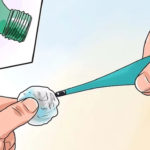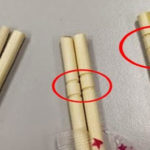Mercury Poisoning Risks from Seafood Consumption
Scientists have issued warnings about the risks of mercury poisoning from seafood. Nowadays, the mercury content in seafood is increasing, so consuming large amounts can lead to mercury levels exceeding safe limits, potentially harming the health of children and unborn babies.
The rising mercury levels in seafood are attributed to recent practices of businesses prioritizing profits over proper waste treatment before disposal into the environment, mostly into the sea. People who consume seafood with high mercury levels are at risk of neurological, digestive, respiratory, and kidney problems.
However, there is some good news for seafood lovers: not all seafood has high mercury levels. Shrimp and salmon have low mercury content, so parents can rest assured when choosing these options for their families.
To safeguard community health and the marine environment, everyone must be mindful of disposing of hazardous waste, especially mercury, properly and avoiding its release into the sea.
 Risks of Mercury Poisoning from Seafood Consumption
Risks of Mercury Poisoning from Seafood Consumption
Overindulging in Seafood Can Cause Indigestion
Seafood is rich in protein, and consuming excessive amounts can lead to allergic reactions or digestive issues for some individuals, resulting in vomiting, bloating, abdominal pain, and diarrhea. It is advisable to consume seafood in moderate quantities to allow the body to optimally utilize the protein content. When trying a new seafood dish, start with a small portion to check for any allergic reactions.
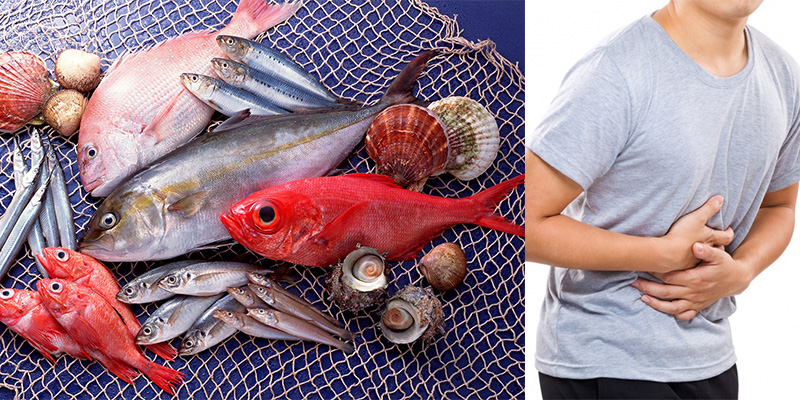
Eating Raw or Undercooked Seafood May Lead to Parasitic Infections
Various parasites, such as roundworms, tapeworms, and liver flukes, are commonly found in raw or undercooked seafood. Hence, those who enjoy consuming raw or undercooked seafood (like lemon-marinated raw oysters, fish sashimi, or shrimp cocktails) risk ingesting these parasites, which can cause parasitic infections in the body.
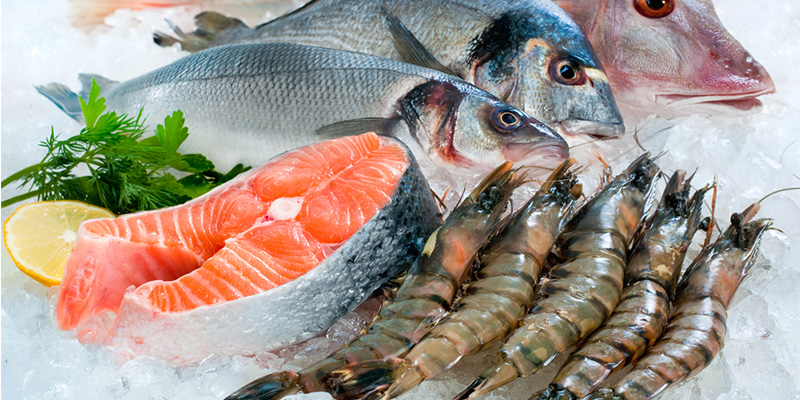
Precautions to Take When Eating Seafood
While seafood is highly nutritious, it is essential to keep the following considerations in mind:
- Avoid eating seafood with fruits: Seafood is rich in protein and calcium, while fruits contain high levels of tannin. Consuming them together can reduce the body’s absorption of protein and calcium and may cause nausea, abdominal pain, and other symptoms. It is best to wait at least two hours after eating seafood before consuming fruits or vice versa.
- Refrain from drinking alcohol while eating seafood: Seafood is often considered a perfect pairing with beer, and many believe that alcohol aids digestion when eating seafood. However, when combined with seafood, beer can increase the levels of acid uric in the body, which is a contributing factor to kidney stone formation and gout.
- Do not eat dead seafood: Consuming dead shellfish, such as clams, oysters, or blood cockles, can lead to allergic reactions. Additionally, the unsaturated fatty acids they contain can easily oxidize, affecting their nutritional value.
- Avoid eating raw seafood dishes: Raw seafood dishes, like sashimi or ceviche, are not adequately cooked to eliminate bacteria and parasites that may cause illnesses.
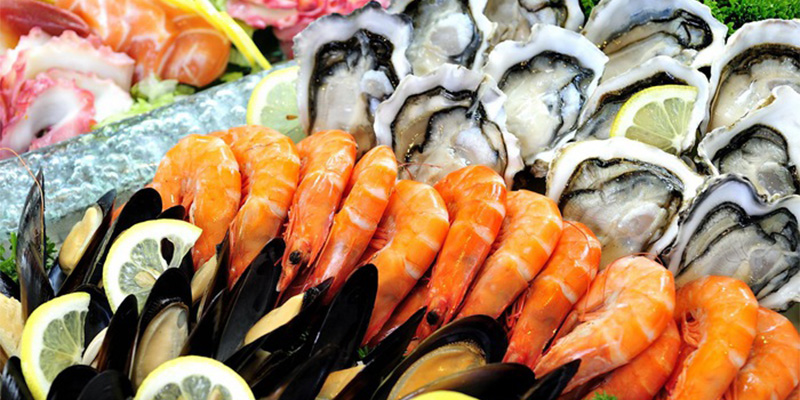
While seafood offers numerous health benefits, overconsumption can lead to adverse effects as mentioned above. Keep these precautions in mind to ensure the well-being of your family. Additionally, feel free to explore our selection of products to create delicious and healthy meals for your loved ones.
























